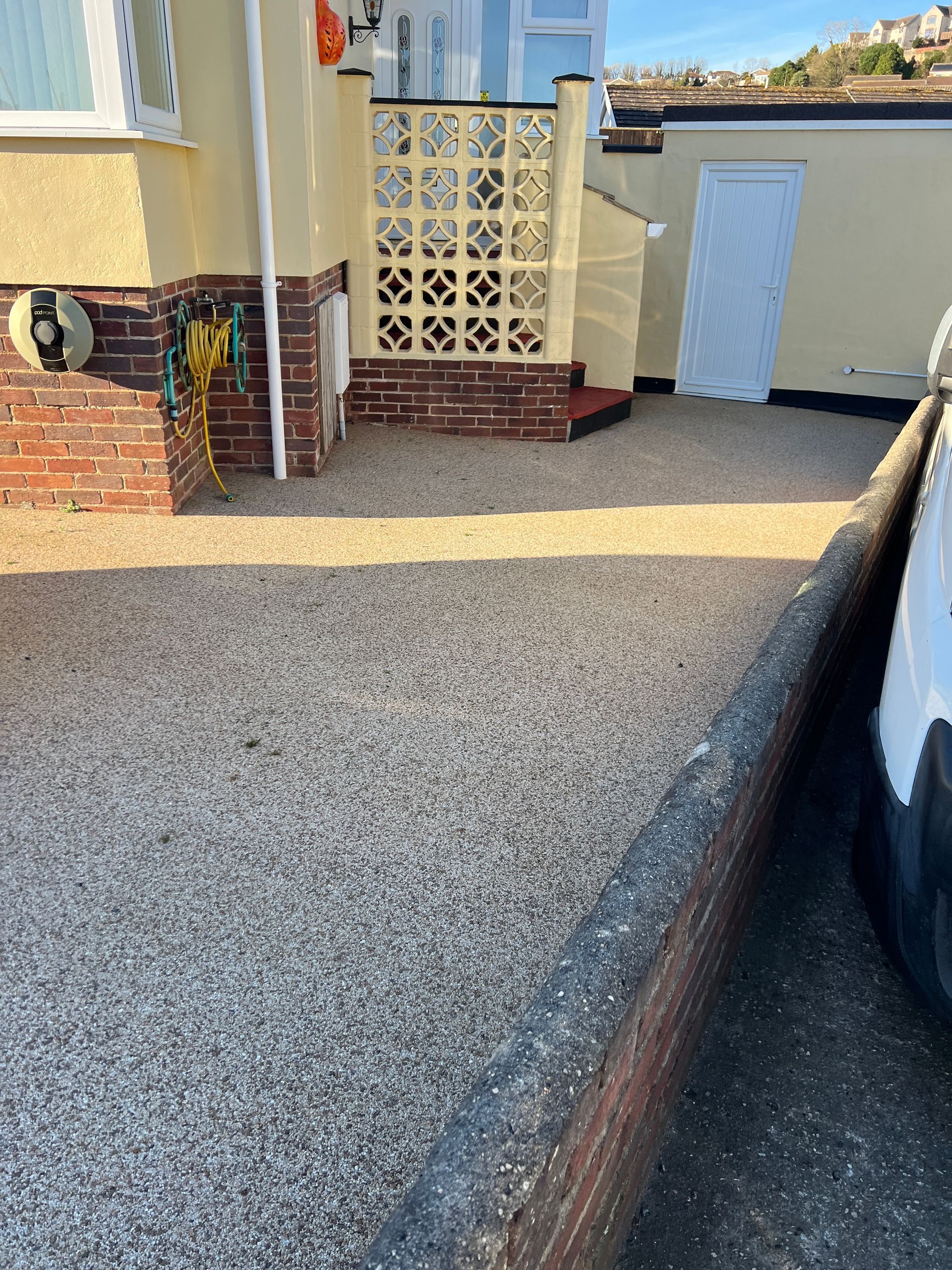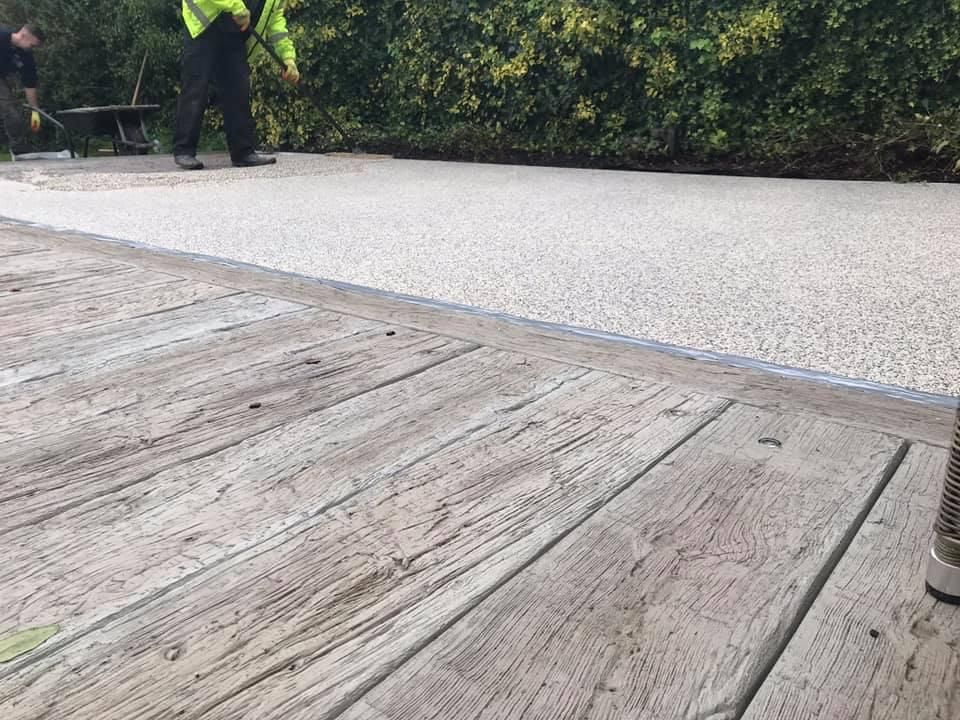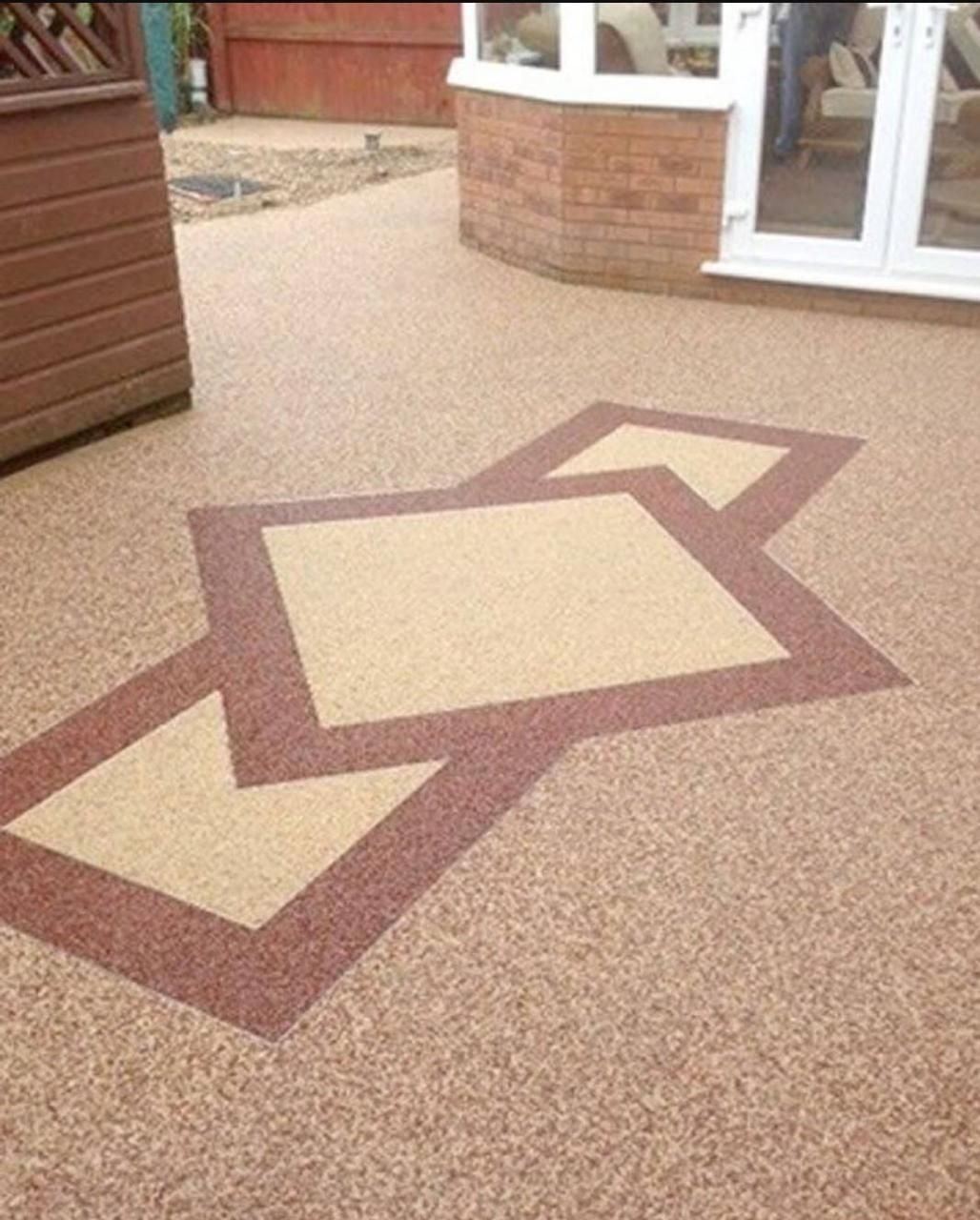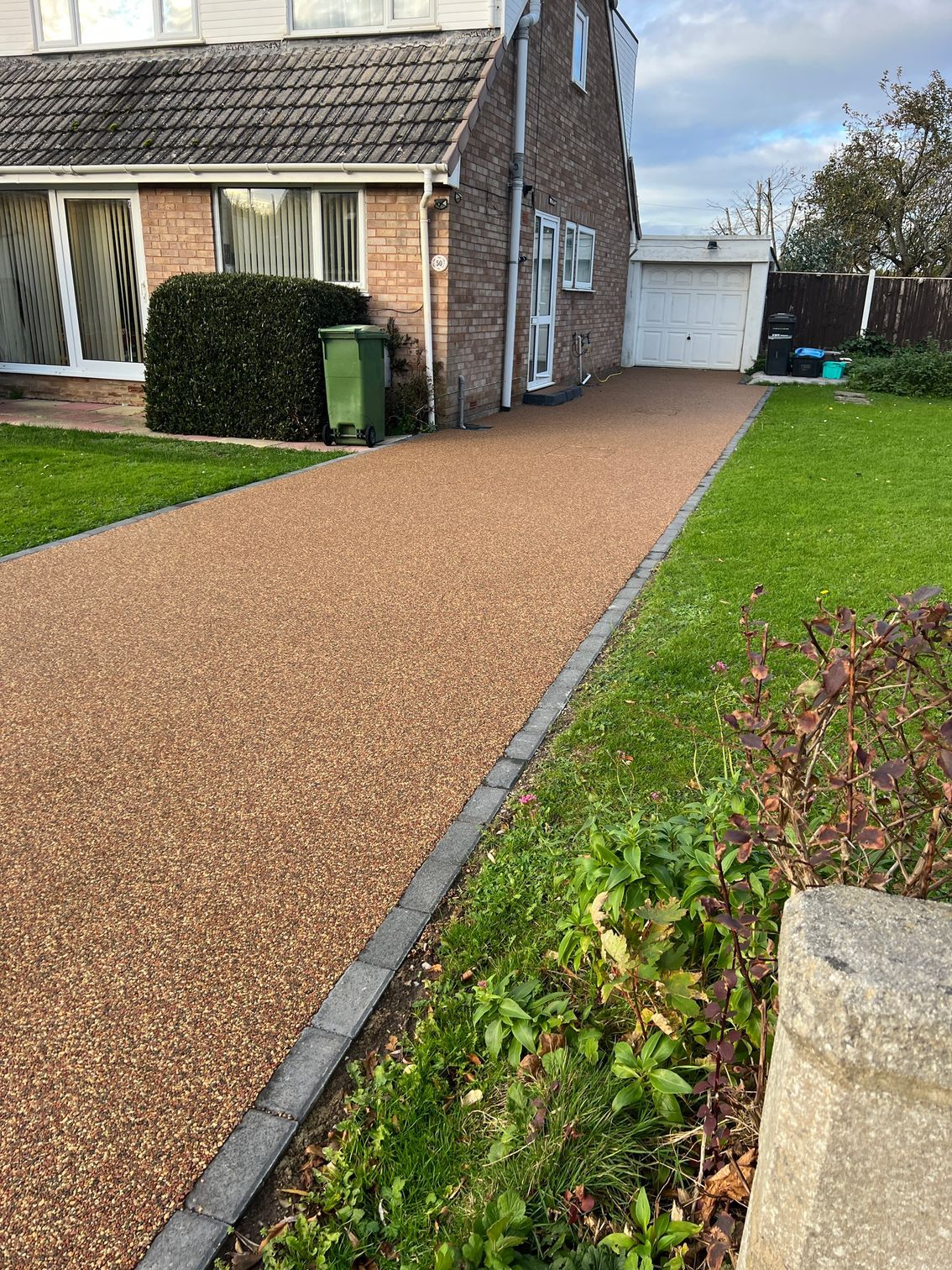Permeable Resin Driveways: Eco-Solutions for Clay Soil Properties
Permeable Resin Driveways: Sustainable Approaches to Clay Soil Properties

As
sustainable design becomes increasingly important in architecture,
resin surfaces are a valuable ally. Many resin products are made with
eco-friendly materials and have a lower environmental impact than traditional options. This aligns with the growing demand for green building solutions in residential and commercial sectors, making resin surfaces an attractive choice for architects committed to sustainability.
Aesthetic Flexibility
One key reason architects are gravitating towards resin surfaces is their versatility in design.
Resin flooring can be
customised in colour, texture, and pattern, allowing architects to create unique, visually striking spaces that align perfectly with their design vision. This flexibility enables architects to push the boundaries of creativity and innovation in their projects.
Durability and Performance
In the realm of
architectural trends, longevity and performance are crucial factors. Resin surfaces excel in these aspects, offering robust, durable solutions that can withstand heavy use while maintaining their appearance. This durability makes resin surfaces particularly suitable for high-traffic areas in both commercial and residential settings.
Urban Planning Solutions
The versatility of resin surfaces extends beyond interior applications.
Resin-bound paving is becoming increasingly popular in
urban planning projects. These surfaces offer excellent drainage properties, reducing the risk of water pooling and contributing to more effective stormwater management in urban areas.
Innovation in Application
The field of
design innovation is constantly evolving, and resin surfaces are at the forefront of this progress. Architects are finding new and creative ways to incorporate resin surfaces into their designs, from seamless indoor-outdoor transitions to integrated lighting solutions. This ongoing innovation ensures that resin surfaces remain relevant and desirable in the ever-changing landscape of modern architecture.
Practical Benefits
Beyond aesthetics and sustainability,
resin surfaces offer numerous practical benefits that appeal to architects. They are typically easy to clean and maintain, resistant to stains and chemicals, and can be formulated to provide slip resistance where needed. These practical advantages make resin surfaces ideal for a wide range of applications, from residential interiors to large-scale commercial developments.
In conclusion, the adoption of resin surfaces in modern architectural projects is a testament to their numerous benefits. By offering a perfect blend of sustainability, aesthetic flexibility, durability, and practical advantages, resin surfaces are helping architects create innovative, functional, and visually appealing spaces. As the field of architecture continues to evolve, it's clear that resin surfaces will play an increasingly important role in shaping the built environment of our cities and communities.
You might also like
Clark's Resin Driveways



Contact Us
We will get back to you as soon as possible.
Please try again later.
Renowned & Highly Qualified
Call Us Now To Get A FREE Quote
All Rights Reserved | Privacy Policy | Terms and Conditions Of Use | Longevity Resin Driveways Bromley | Designed by iGen Media Ltd

